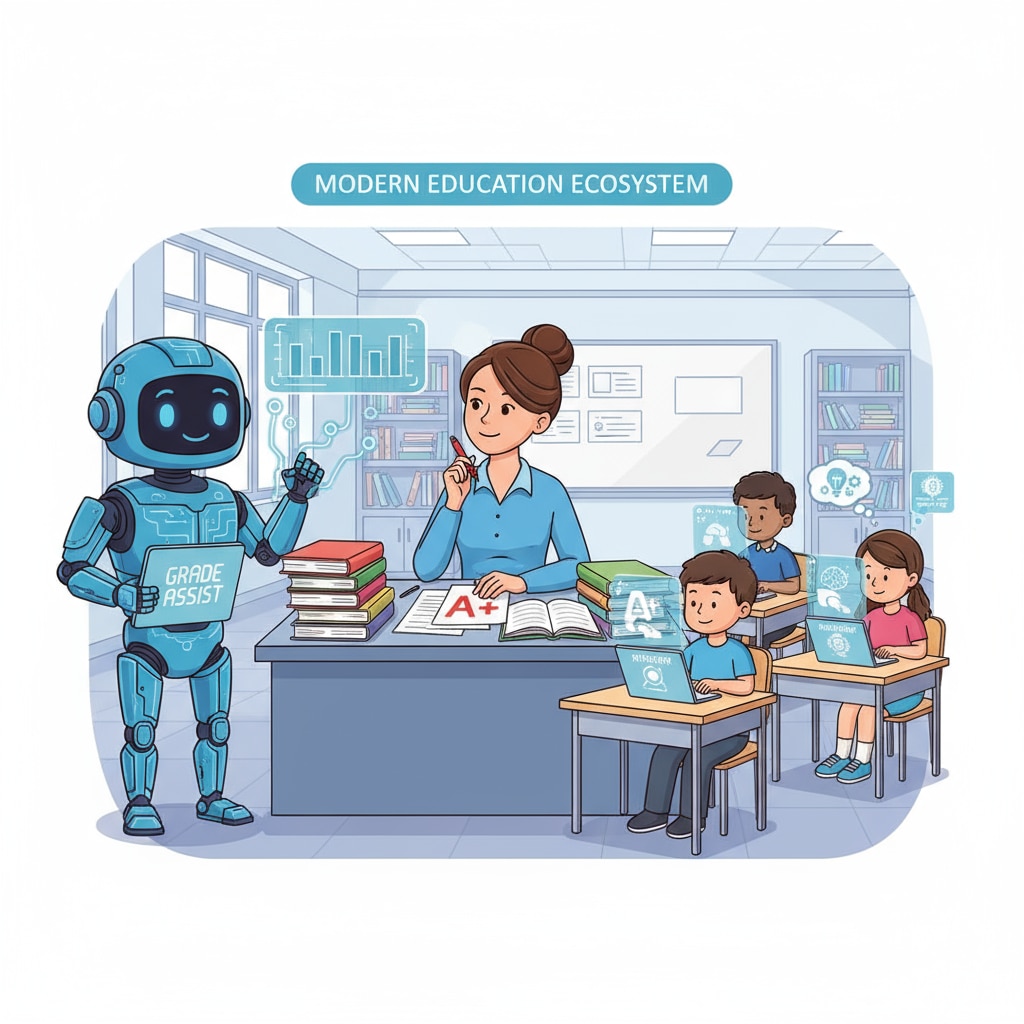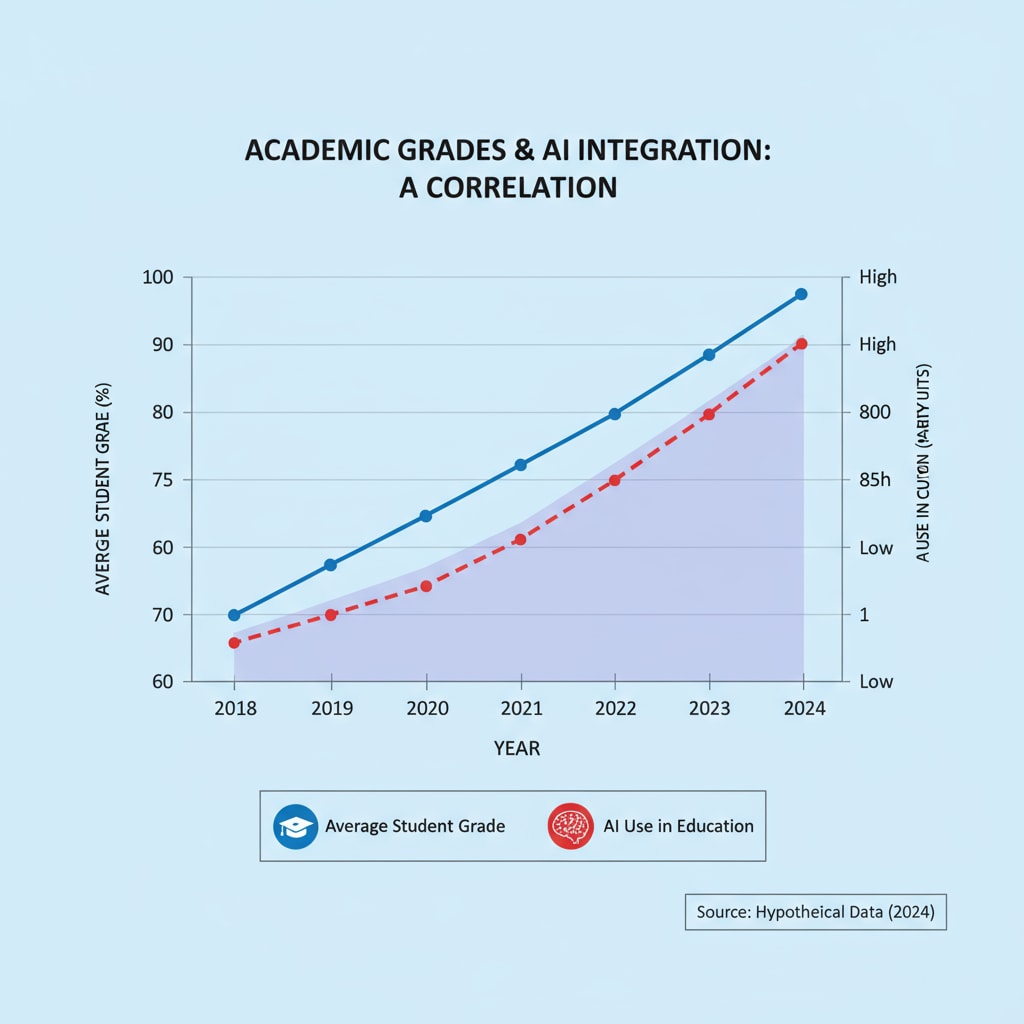The integration of AI in education has brought about a significant transformation, but it also raises concerns about grade inflation and the integrity of educational assessment. With the increasing use of AI tools by both teachers and students, the traditional methods of evaluating student performance are being put to the test.

The AI Revolution in Education
AI has made its way into various aspects of education. For example, it can assist teachers in creating personalized learning materials. According to EdSurge, many educational institutions are adopting AI-powered platforms to enhance teaching efficiency. However, this convenience comes with a price. Students can now use AI to generate essays, solve math problems, and complete assignments, blurring the line between genuine understanding and artificial assistance.
The Threat of Grade Inflation
Grade inflation is becoming a real concern in the age of AI. When students can rely on AI to achieve high scores, the grades no longer accurately reflect their knowledge and skills. This not only undermines the value of a diploma but also makes it difficult for employers and higher education institutions to assess a student’s true capabilities.

As a result, the credibility of educational assessment is at stake.
To address these issues, educators need to rethink the way they evaluate students. They can incorporate more in-class assessments, group projects, and oral presentations, which are harder for students to complete with AI assistance. Additionally, developing new assessment tools that can detect AI-generated work is crucial. This will help maintain the integrity of the educational system and ensure that students are truly learning.
Readability guidance: The key points here are the impact of AI in education, the threat of grade inflation, and the need for new assessment methods. We use short paragraphs to clearly present these ideas, and transition words like “however” and “additionally” to connect different thoughts.


